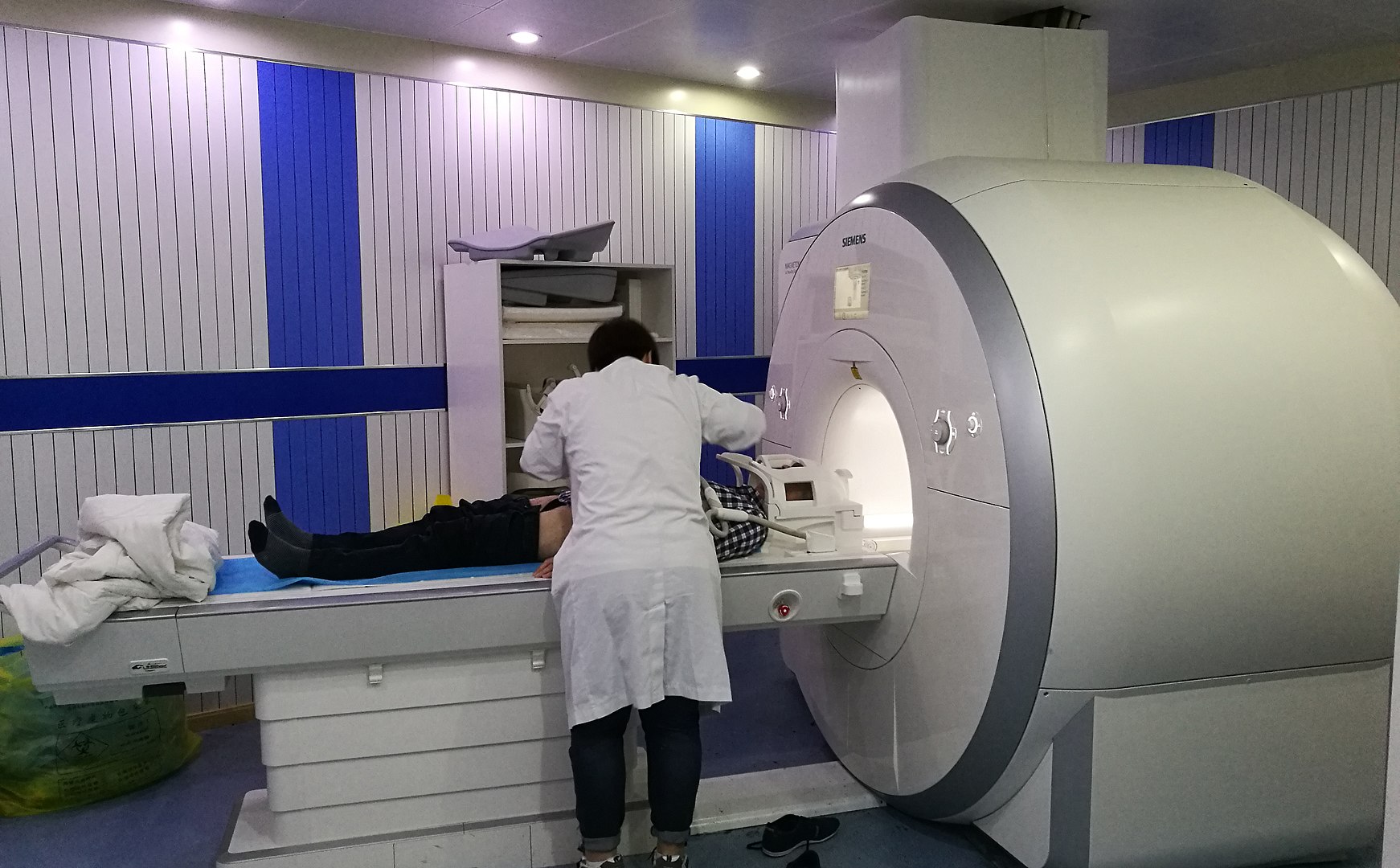Extreme temperatures have killed off 50 percent of the Great Barrier Reef, the largest reef in the world. Once it goes, there will be a terrifying knock-on effect for the global ecosystem.
Scientists are, therefore, rushing to stem the destruction. Global Shakers has previously reported on plans by researchers in Australia to transplant coral ‘babies’ onto the cleared reefs. Around 2.8 million of these coral larvae have been transplanted to date. In Hawaii, according to the Washington Post, scientists are trying to breed special corals that are more resilient against rising ocean temperatures.
News has just emerged of another technique. An international team of scientists from the UK’s Exeter and Bristol Universities—alongside colleagues from Australia—have been working on an “acoustic enrichment” technique to heal damaged areas of coral.
In essence, the practice involves suspending loudspeakers underwater, over areas of dead coral. These then play recordings of healthy reefs, in the hope that fish will be attracted —setting off a natural chain reaction that could help rejuvenate the areas.
“Healthy coral reefs are remarkably noisy places—the crackle of snapping shrimp and the whoops and grunts of fish combine to form a dazzling biological soundscape,” commented Professor Steve Simpson, from the University of Exeter. “Juvenile fish home in on these sounds when they’re looking for a place to settle.
“Reefs become ghostly quiet when they are degraded, as the shrimps and fish disappear, but by using loudspeakers to restore this lost soundscape, we can attract young fish back again.”
The six-week experiment, written up in the journal Nature Communications. reveals that after the music had been played, twice as many fish arrived and stayed. The number of species present also increased by 50 percent, including herbivores, planktivores and predatory piscivores.
Fish are crucial for coral reefs to function as healthy ecosystems: They clean the reef and create space for corals to regrow. But, there’s no doubt that this is just a first step: Any wide-scale response will have to also focus the fight on climate change, overfishing and water pollution.
Tim Gordon, the paper’s lead author, added: “Whilst attracting more fish won’t save coral reefs on its own, new techniques like this give us more tools in the fight to save these precious and vulnerable ecosystems.
“From local management innovations to international political action, we need meaningful progress at all levels to paint a better future for reefs worldwide.”

